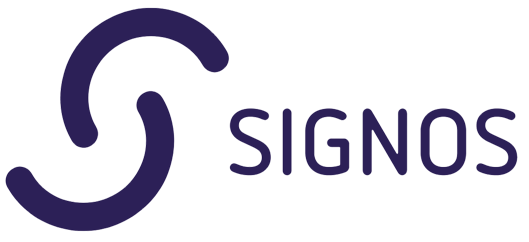- Definition: Dementia is a general term for a decline in cognitive function that interferes with daily life and activities. It encompasses a range of symptoms affecting memory, thinking, and social abilities.
- Causes: Dementia can be caused by various diseases and conditions, the most common being Alzheimer’s disease, vascular dementia, Lewy body dementia, and frontotemporal dementia.
- Symptoms: Common symptoms include memory loss, difficulties with communication and language, impaired reasoning and judgment, confusion, and changes in mood and behavior.
- Diagnosis: There is no single test for diagnosing dementia. Healthcare professionals typically combine medical history, physical exams, neurological tests, and cognitive assessments to make a diagnosis.
- Progression: Dementia is usually progressive, meaning that symptoms worsen over time. The rate of progression can vary significantly among individuals.
- Risk Factors: Age is the most significant risk factor for dementia, but genetics, family history, lifestyle factors (such as diet and exercise), and overall brain health also play a role.
- Treatment: While there is currently no cure for most types of dementia, some medications may help manage symptoms or slow progression. Non-drug therapies, such as cognitive therapies and support groups, can also be beneficial.
© 1998-2024 Mayo Foundation for Medical Education and Research (MFMER). All rights reserved

Sign up for Updates
To stay up to date please provide your email address.
-
By giving us your email you are opting-in to receive news and promotions
Sign up for Updates
To stay up to date please provide your email address.
-
By giving us your email you are opting-in to receive news and promotions






